
Existential horror represents a captivating subgenre that delves into themes of insignificance, isolation, and the daunting reality that humanity is merely a fleeting entity in a vast, indifferent universe. This thematic richness makes it an ideal candidate for horror films. Within the realm of horror, numerous subgenres exist, spanning from the straightforward “slasher”to the niche “screenlife.”The potential to extract fear from various aspects of life is virtually limitless, positioning existential horror in a unique space between the well-known and the obscure, involving several acclaimed films.
Although existentialism is not a novel concept, its exploration of unknowable and solitary aspects of humanity has long been a prevalent theme within art. Rooted in the philosophies of 19th and 20th-century thinkers such as Søren Kierkegaard and Friedrich Nietzsche, existentialism probes deep questions about the human condition. Esteemed authors like Fyodor Dostoevsky have woven existential themes into their narratives, while H.P. Lovecraft’s work often embodies this philosophy on a cosmic scale. Other influential figures, including Jack Kerouac, T. S. Eliot, and Franz Kafka, have also contributed to this discourse, resulting in a plethora of notable films that embrace existential themes.
Understanding Existential Horror: Definition, Criteria, and Origins
A Century of Existential Horror Films
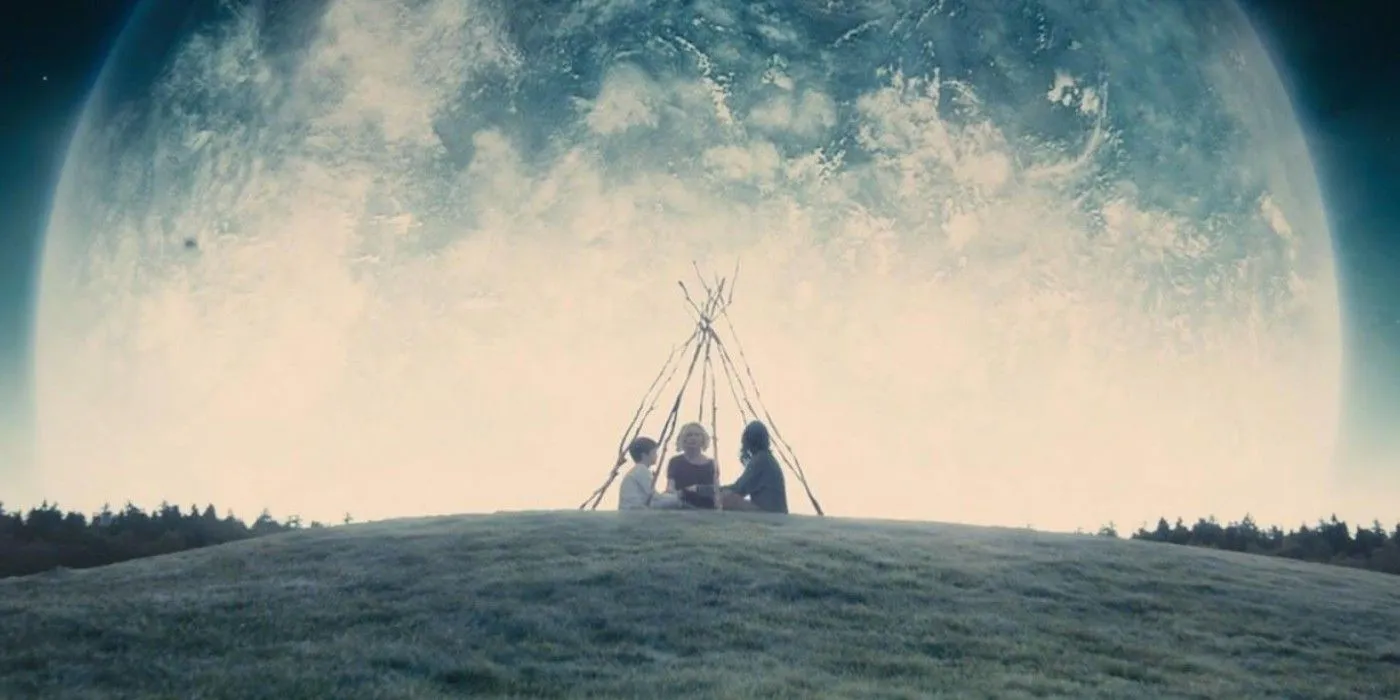
While existential horror lacks a formal definition, films categorized within this subgenre possess a distinctive tone and often explore similar philosophical dilemmas. These unsettling films typically investigate the human experience, focusing primarily on the inner turmoil of individual protagonists. Unlike cosmic horror, which delves into broader existential threats affecting humanity as a whole, existential horror often emphasizes solitude and existential dread, resulting in a more somber narrative.
The ambiguous nature of existential horror makes pinpointing its origins quite challenging. Many argue that a significant portion of horror films inherently embody existential themes. The common trope of protagonists questioning their reality during supernatural occurrences is a prime example. Notably, existential despair began to surface in horror as early as 1922 with the film Nosferatu, which was recently reimagined by Robert Eggers, a director known for its portrayal of isolation and existential dread.
In today’s technology-driven society, a new frontier of existential horror has emerged. Rather than cosmic threats, the sense of an unexplored void lies within the screens of smartphones and the pervasive influence of the internet. The almost limitless influx of media, information, and self-representation has provided filmmakers with fresh avenues to explore existential horror. Films such as Ex Machina reflect this growing interest in the genre, while others like I Saw the TV Glow suggest that the fascination remains vibrant and compelling.
Iconic Films in the Existential Horror Genre
Trailblazers of Existential Horror: Lynch, Bergman, and Garland
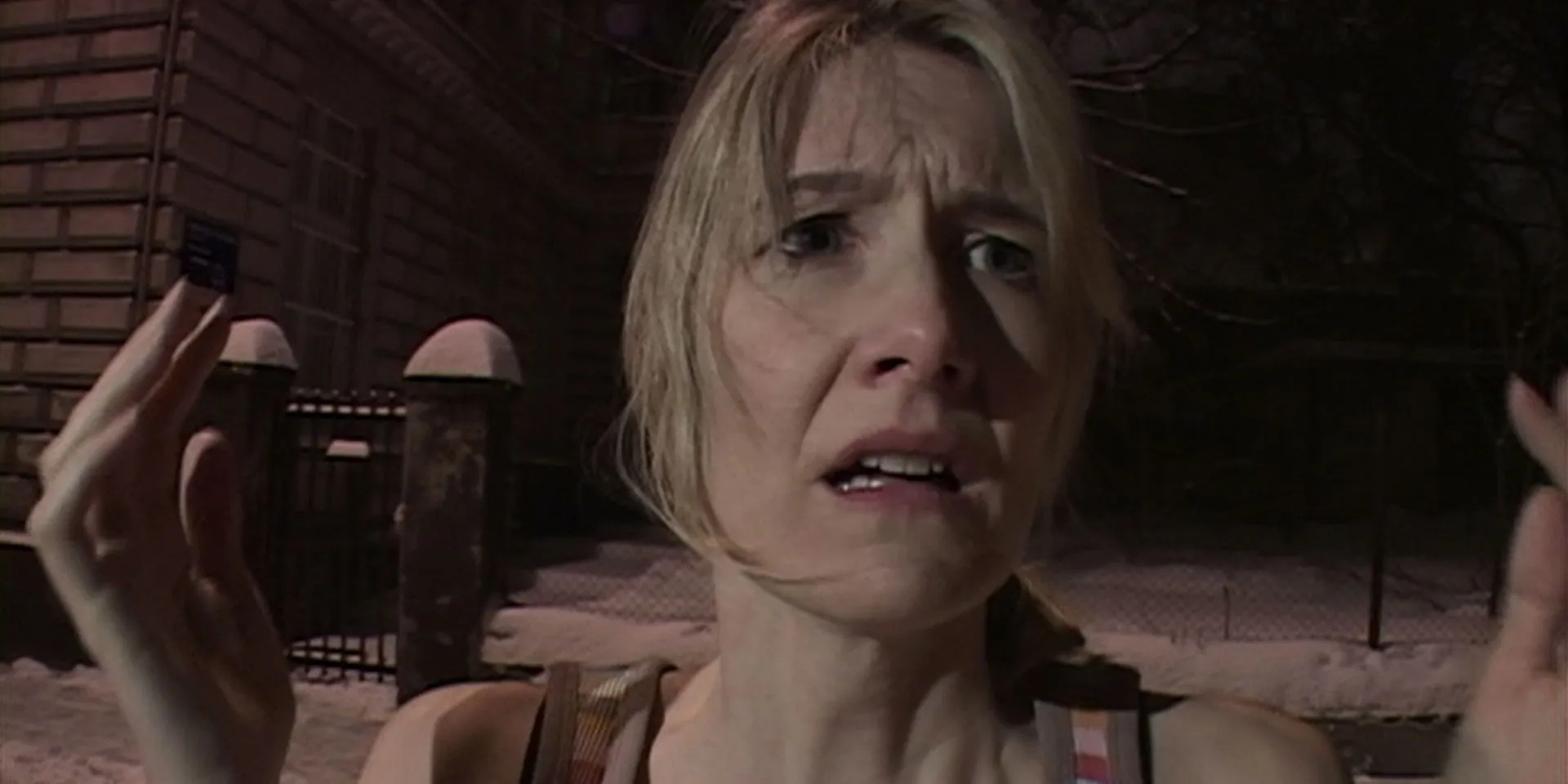
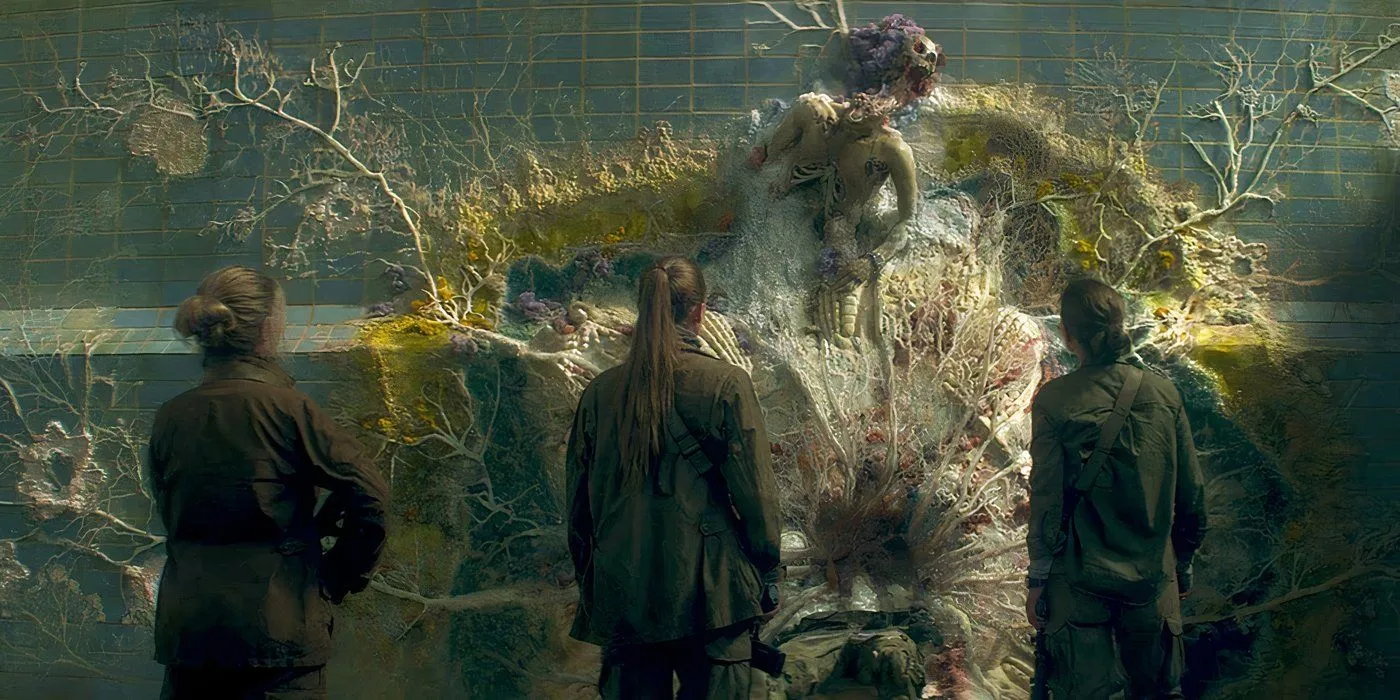

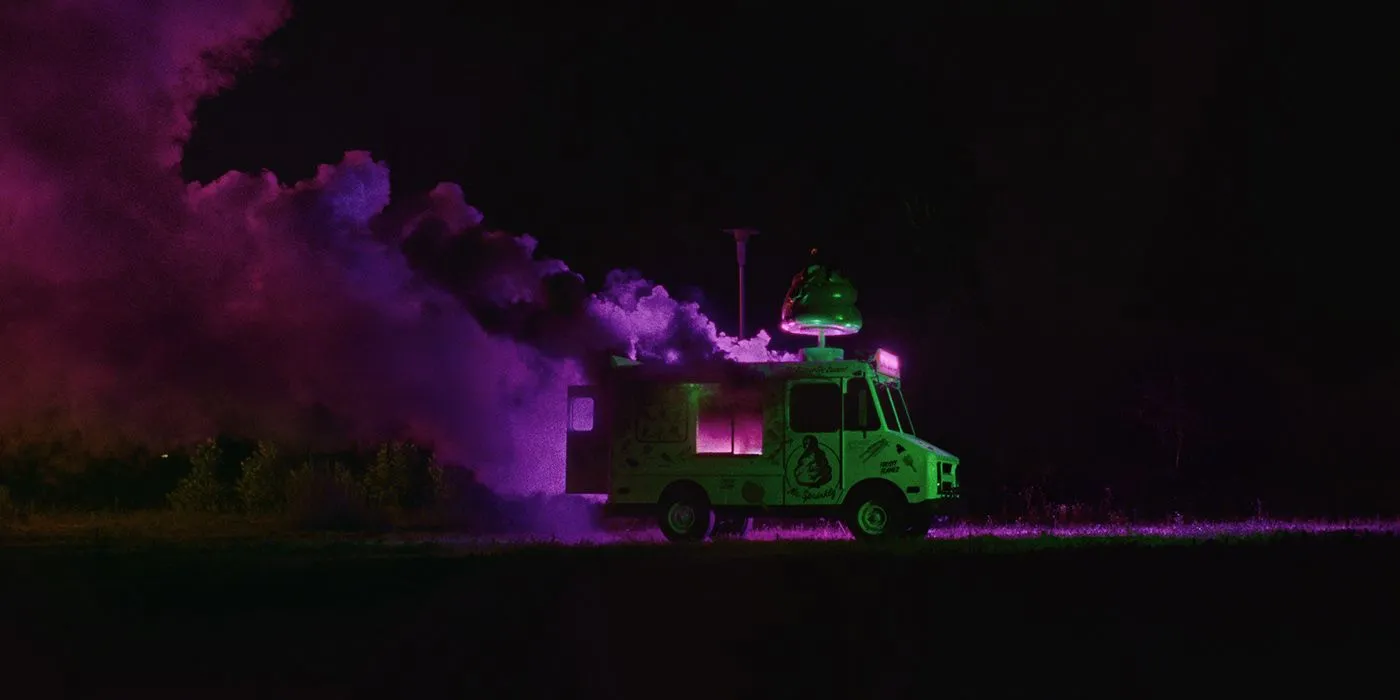
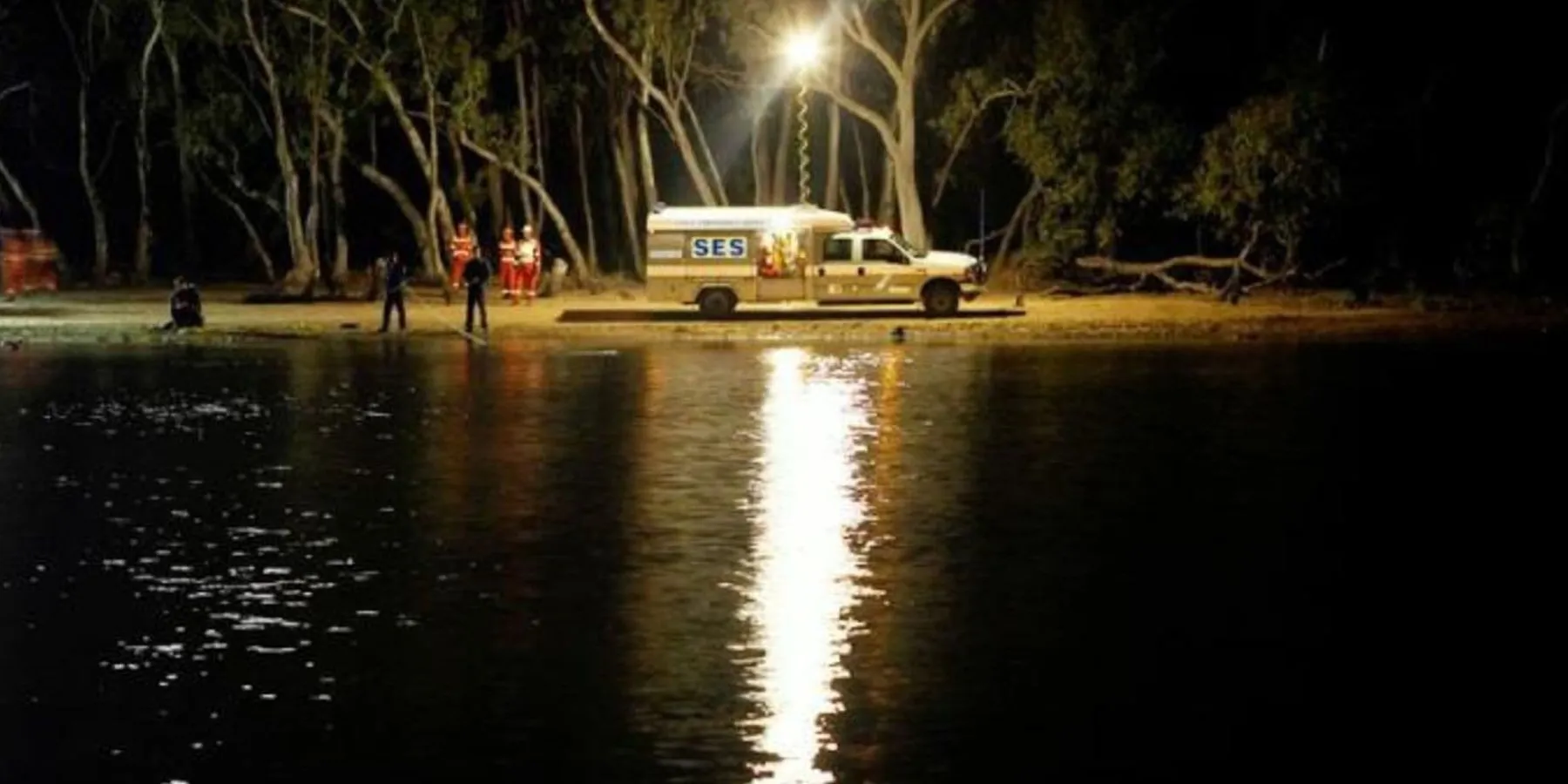
Numerous acclaimed films exemplify the themes of existential horror, serving as profound explorations of philosophical concepts rather than merely touching upon them. Notable contemporary examples include I Saw the TV Glow, Ex Machina, and Melancholia, which continue the traditions established by David Lynch in works like Inland Empire, Mulholland Drive, and Blue Velvet. Additionally, classic films such as The Seventh Seal, Rosemary’s Baby, and Don’t Look Now provide valuable insights into the evolution of existential horror and its reception among audiences. For those interested in diving deeper into the realm of existential horror, these movies serve as an excellent entry point.




Leave a Reply